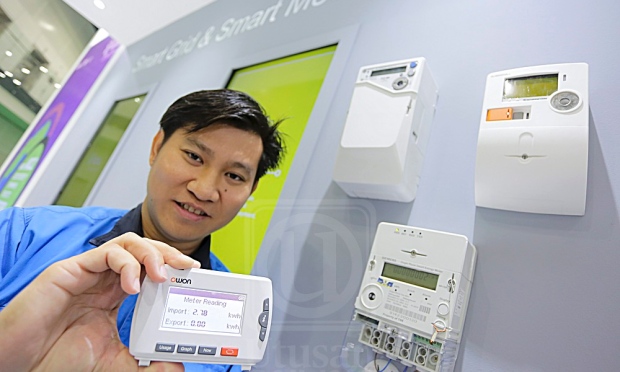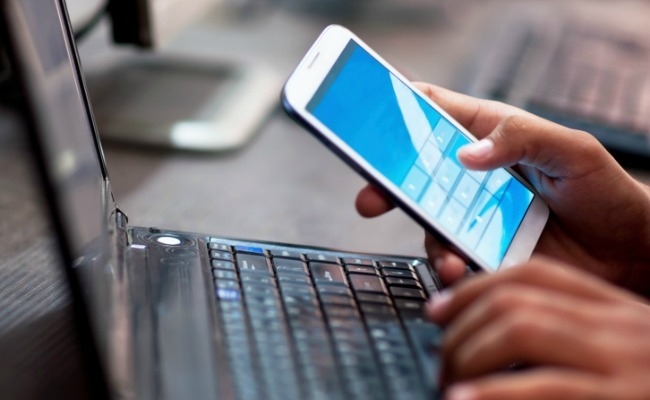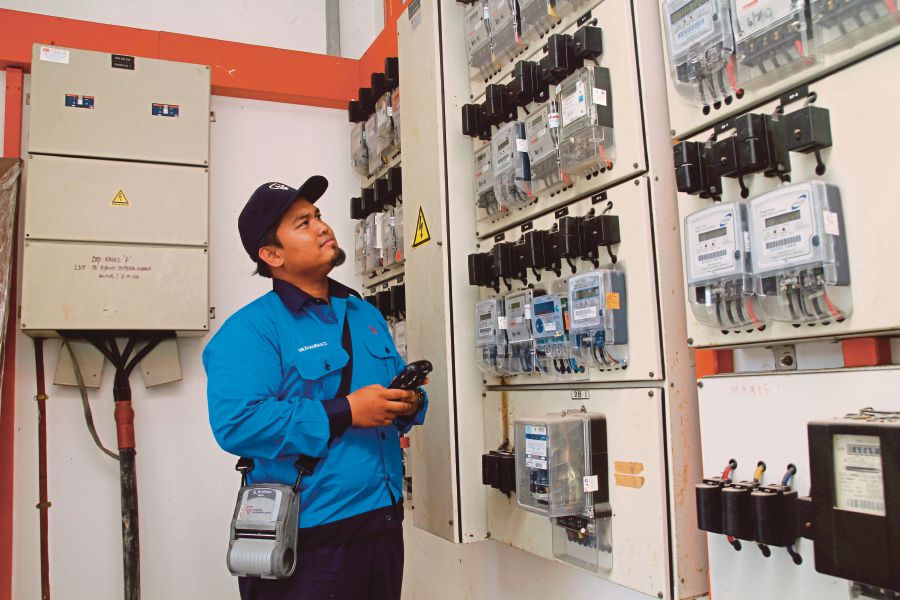Here's Everything You Need To Know About The Smart Meters That TNB Is Rolling Out
Tenaga Nasional Berhad (TNB) plans to install the Smart Meters across the country by 2021.
After the success of their pilot project in Melaka a few years ago, Tenaga Nasional Berhad (TNB) has been rolling out their plan to introduce the Advanced Metering Infrastructure (AMI) a.k.a the ‘Smart Meter’
According to New Straits Times, the initiative involves replacing all traditional meters with the Smart Meter that will "record consumption of electric energy in intervals of an hour or less and communicates the information at least daily back to the utility for monitoring and billing".
Not only will this smart device allow you to monitor your electricity bills and help to minimise your carbon footprint, it will also provide you with insights on your energy usage and patterns. With this, you'll be able to identify where you are using most energy so that you can figure out how to cut down. This will help you save money in the long run!
Misconception #1: The Smart Meter can cause cancer and electromagnetic hypersensitivity
There is no evidence that proves this. In fact, the Radio Frequency (RF) emitted by the Smart Meter is minimal and relatively low, especially when compared to other devices we use daily like smartphones, Wi-Fi, and microwaves.
Here's a breakdown of their RF emissions:
- Smart Meter (10 feet away): 0.1 Microwatts per square centimeter
- Wi-Fi: 20 Microwatts per square centimeter
- Microwave (2 inches from door): 1000 Microwatts per square centimeter
- Smartphone (held up to head): 10,000 Microwatts per square centimeter
You can rest assured that the RF component of the Smart Meter has gone through and passed extensive and rigorous testing. It is also certified by governmental bodies in many countries, including here in Malaysia.
This ensures that the Smart Meter complies with regulations and safety standards set and regulated by the Malaysian Communications and Multimedia Commission (MCMC) before being used by the public.
Misconception #2: The Smart Meter collects and stores your personal information
The Smart Meter only collects and stores data on your energy consumption, meter related events, and information on power quality. No personal information will be collected and stored via the Smart Meter at all.
Misconception #3: The implementation of Smart Meter started in Melaka because there are many educated users in KL who are aware about its dangers
LOL really guys? Don't so mengada lah please.
Melaka was chosen as the first state to start implementing the Smart Meter because it is the only state in Malaysia that is adopting the Green City Action Plan (GCAP).
The Smart Meter project is in line with the Melaka State Government's vision and aspiration to achieve advanced state status. As the leader of the Smart Meter implementation in Malaysia, this initiative is truly oriented to the new Melaka slogan – 'Melaka Berwibawa. Pintar. Hijau. Bersih.'
As of July 2018, approximately 30,000 Smart Meters have been successfully installed in Melaka, with plans to install 310,000 Smart Meters by end of 2018.
Misconception #4: Smart Meters interfere with medical devices such as pacemakers
As previously mentioned, the RF component of the Smart Meter is certified in many countries to ensure its compliance with specific regulations and safety standards set and regulated by MCMC.
This means that it in no way interferes with any medical devices, including pacemakers. There is no evidence that suggests otherwise.
Misconception #5: The Smart Meter emits X-ray levels of radiation
Nope, it doesn't. The Smart Meter actually only emits non-ionizing radiation, just like Wi-Fi and Bluetooth hands-free kits.





